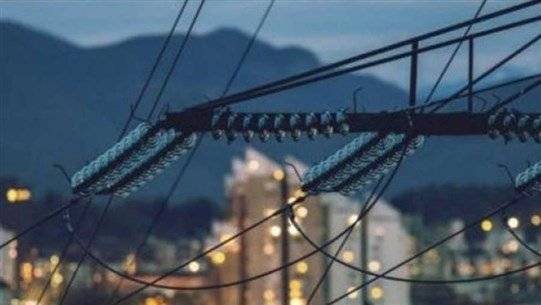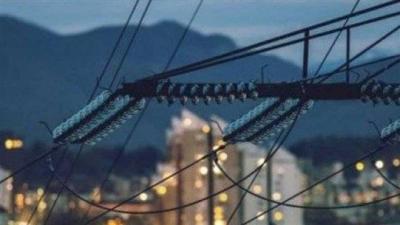Investment in the renewable energy sector has recently attracted the attention of many Lebanese, amid the ongoing or artificially created deficits by officials to reduce the losses incurred by the government in operating Lebanon's Electricité du Liban power plants. Although the details are insufficient to delve into the labyrinth of energy ministers' plans and the political accusations hindering this sector, as well as the desired plans to secure energy in the near term, the inherent resourcefulness of the Lebanese and their ability to adapt to the state's failure to provide essential services have led those who can afford it to rely on photovoltaic energy. Thus, Lebanon, or the private sector (individuals), has exceeded the Lebanese government's commitment in 2009 to increase the share of renewable energy sources in the country during the UN Framework Convention on Climate Change Conference of the Parties.
The increasing demand for adopting renewable energy coincides with the continuous rise in the pricing set by private generators in neighborhoods, confirming the statement of the head of the Lebanese Center for Energy Conservation, engineer Pierre Khoury, that the results of the crisis that has imposed itself on the Lebanese since 2020 contributed to shaping the execution frameworks for their chronic demands to lift support from traditional energy to encourage citizens to adopt renewable energy.
Regarding the steps the Lebanese Center for Energy Conservation is taking after it contributed to launching the solar panels project along the Beirut River, Khoury points out that the project, which started in 2013 and was implemented in 2014, supplies Electricité du Liban's substations on its main grid with a production capacity of about 1 megawatt, covering the needs of 1,000 housing units that Electricité du Liban distributes.
On the absence of the center or Electricité du Liban from undertaking similar projects specifically at this stage, he noted that the plan was to establish similar projects to secure 1 megawatt annually to stimulate the market and encourage citizens to use renewable energy. However, the Lebanese market witnessed a significant demand that exceeded expectations by 15 times, eliminating the need to continue building model projects. The plan to develop the project along the coastal riverbed of Beirut to secure 8 megawatts collided with the financial and economic collapse, preventing payments to the developing company that won the tender, leading to the project’s suspension.
Khoury rejects linking the Lebanese's movement towards using alternative energy to the recent crisis, noting that the center had already recorded about 1,300 projects with a production capacity of 100 megawatts until 2020. He emphasized that the significant trend towards adopting alternative energy cannot solve the issue, despite efforts from the public and private sectors. The spike in citizens' participation cannot exceed 30% of renewable energy production by 2030, with a capacity of 5,000 megawatt-hours, which is still a substantial figure. The primary source will continue to cover the remaining 70% by relying on traditional energy, operating and developing production plants, and reducing violations on networks, alongside increasing tariffs and regulating the collection of dues.
While there is general consensus that renewable energy cannot serve as an alternative solution given the state's failure to produce traditional energy, Khoury points out that 100 megawatts of renewable energy were installed over 10 years, with an additional 100 megawatts installed in 2021. According to data, 2022 is expected to see the installation of 250 megawatts, indicating that if these trends continue, individual decentralized energy production could reach about 1,000 megawatts by 2024, thereby eliminating the need for electricity rationing, provided this coincides with required reforms in Electricité du Liban and the operationalization of its plants. He concluded with, “Whether they operate their plants or not, whether they are being stolen or not... that's another discussion... but surely, by the end of 2024, the need for rationing will vanish in Lebanon.”
In a related context, although the official pricing of Electricité du Liban does not exceed 30 Lira/kilowatt-hour, in practice, support is considered lifted in light of the absence of electricity or its availability for only a few hours in some areas, leading citizens to rely on private generators that provide electricity at a cost of about 15,000 Lira/kilowatt-hour, which practically constitutes a lifting of support accompanied by the removal of support for diesel and its pricing in hard currency.




